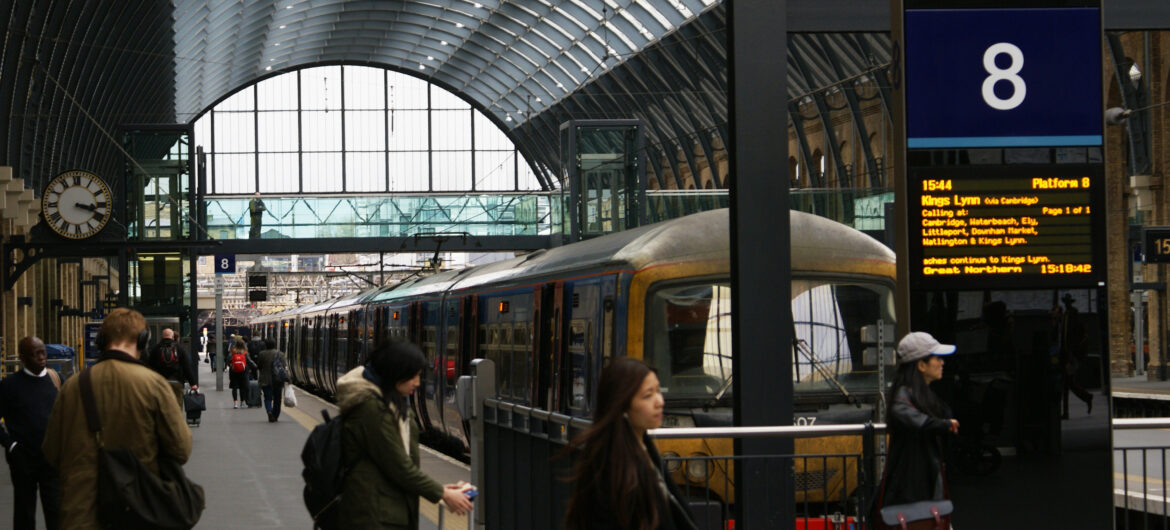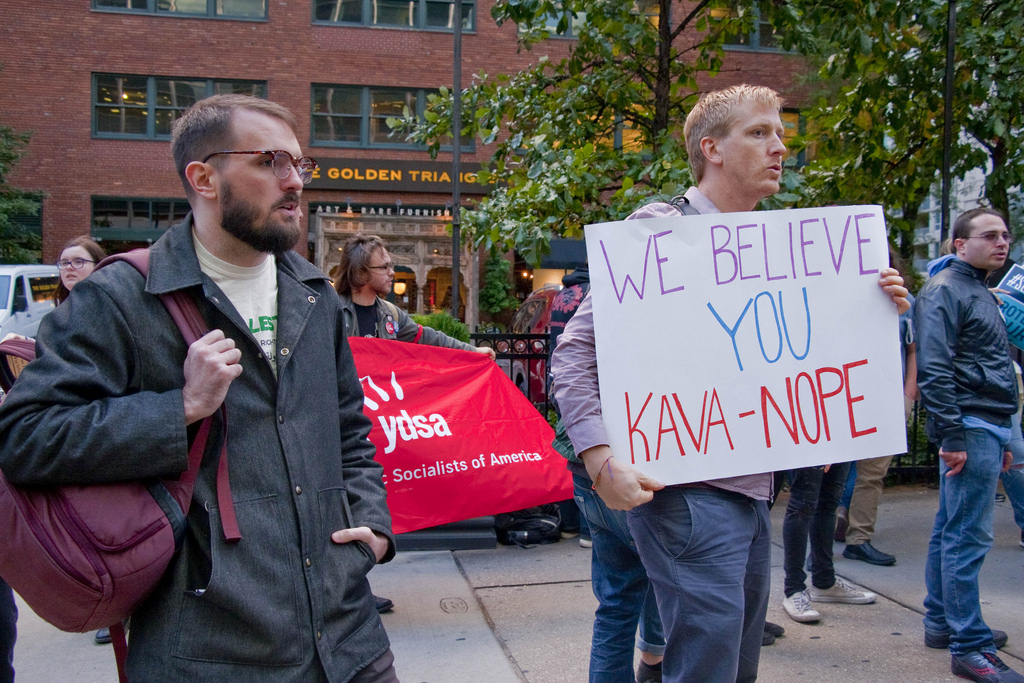Words by Amirali Ziaebrahimi, staff writer
For so many years, the nationalisation of railways has been one of the most controversial topics in UK politics. During the pandemic, a death blow hit the train operating companies (TOC’s) and the franchising privatisation model of the railway industry implemented in the UK since the 1990s. This finally ended the debate for many politicians and experts by proving that a privatised railway model would simply not work. It created the perfect opportunity for the railway industry in Britain to be nationalised.
In March 2020, the Transport Secretary stated that all franchisees would shift to a concession model, with the government paying all costs and management fees equal to no more than 2% of the company’s costs in the year leading up to the pandemic as a provisional, temporary recovery measure. Twelve billion pounds were spent supporting rail during the pandemic, including the formation of Great British Railways in September 2020.
Many would argue that this announcement was an act of re-nationalisation – the government denies this. They view GBR as empowering a dynamic privatised system, alleviating the private TOC’s financial risks related to uncertain revenues, and unleashing the private sector’s modernising potential.
The Great British Railways main tasks are to:
1. Act as a coordinator, issuing management concession contracts to TOC’s with incentives to improve punctuality and passenger numbers.
2. Introduce passenger service contracts (PSCs) designed to deliver high quality, passenger-friendly services with fixed fees and bonuses for performance to TOC’s.
3. Emulate London’s contactless pay-as-you-go scheme, provide new flexible season tickets and bring additional services that don’t need an advanced booking, available to venerable customers.
5. Renew train interiors to enhance comfort, flexibility and greater passenger capacity.
6. Implement green initiatives set by the government.
These tasks, while seemingly positive, represent an unsatisfactory middle-ground between privatisation and renationalisation. The reform discourages investment into rail infrastructure, allowing the TOC’s to create a new paper economy within GBR. This in turn results in unanticipated fair rises and greater imbalance between the cost to the user of rail vs. car in the future.
As the economy slowly recovers from the pandemic recession and life returns to normality, a nationalised railway could have brought centralisation, organisation and public satisfaction. Nationalisation efforts would help unemployment and other socioeconomic issues while costing less in the long term, all while bringing back a sense of pride for the railway workers.
Long-term investment in a fully nationalised rail service increases the productive, allocative and dynamic efficiency of rail. As profits would flow directly to the taxpayer, the state could reinvest profits directly into infrastructure, expanding the sector and strengthening its fiscal independence, eventually turning the railway into a reliable financial asset for the state.
Therefore, it seems evident that Keir Starmer’s Labour must make renationalisation a manifesto plank at the next general election. It could serve as a bridge policy between the disparate Corbynist and Blairite factions within the party. He could even form a strong consensus by revising their 2020 GB rail plan, promoting free market principles in specific sectors. A clear stance on this topic would help rectify the vagueness of Labour platforms which has harmed them in previous elections.
The previous success of Labour campaigns which enshrined railway nationalisation in their manifesto, along with consistent diverse public support of the policy in opinion polls for the past ten years – united across age and demographic backgrounds which diverge on most other contentious issues – strongly evidence my contention. As the Conservatives missed this great opportunity to nationalise the UK rail industry they created a great opportunity for Labour to ride the rails to 10 Downing Street.





